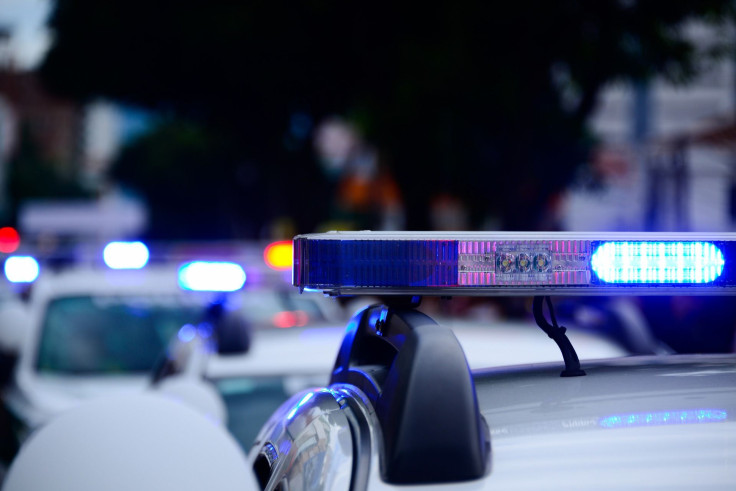27 Men Overdose Within 24 Hours At Indianapolis Shelter

Twenty-seven homeless men suffered an overdose Wednesday after taking bath salts, police said.
Officials from the Indianapolis Metropolitan Police Department (IMPD) and Indianapolis Emergency Medical Services (EMS) responded to an alert that a large sum of homeless men on a single block in Downtown Indianapolis overdosed in the last 24 hours, according to WRTV. Sources alleged that the batch of bath salts was likely tainted.
The affected men came from Wheeler Mission Ministries, which is the oldest and largest homeless shelter in Indiana. The shelter provides "Christ-centered programs and services" to aid individuals in need, according to its website.
Steve Kerr, the chief development officer of the facility, confirmed to International Business Times that a homeless person likely smuggled in the bath salts Tuesday through the shelter's airport-style security. The shelter's security method only scans for metal, not drugs.
"Bath salts are not illegal, it's just a really nasty, nasty chemical drug," Kerr said to IBT.
Most of the male victims recovered from the overdose. Two homeless men required hospitalization, whereas a few others refused to seek medical assistance. One man, however, is currently on life support. Kerr also confirmed that "some of the guys are already back in the shelter" following the incident.
"We're in charge of what's called weather contingency," Kerr said. "When every other shelter in the city is full, we make sure every homeless man, woman and child has a safe place to sleep. We have a lot of men who frequent our place often."
"If a person is dealing drugs in our facility, you'll be banned. Other than that, they're welcome to be inside," Kerr added.
Investigators are said to be actively examining the incident. The investigative team, therefore, aims to determine the source of the drugs.
This incident comes on the heels of a grant awarded to Indiana first responders that were gifted with more than 3,000 overdose reversal kits. The grant was rewarded in an effort to help fix the opioid epidemic in rural Indiana counties, which is where opioid overdoses occur at higher rates throughout the state.
"This rural grant funding is putting naloxone into the hands of first responders who are working on the front lines of the opioid epidemic," said Katie Hokanson, director of the ISDH Division of Trauma and Injury Prevention, which awarded the grants, according to a separate report from WRTV. "Some rural residents may be several miles from a healthcare provider, so supplying those first responders with naloxone can save lives during those time-sensitive situations when seconds count."
Representatives for the Indianapolis Metropolitan Police Department and Indianapolis EMS didn't immediately return International Business Times' request for comment.
© Copyright IBTimes 2025. All rights reserved.






















